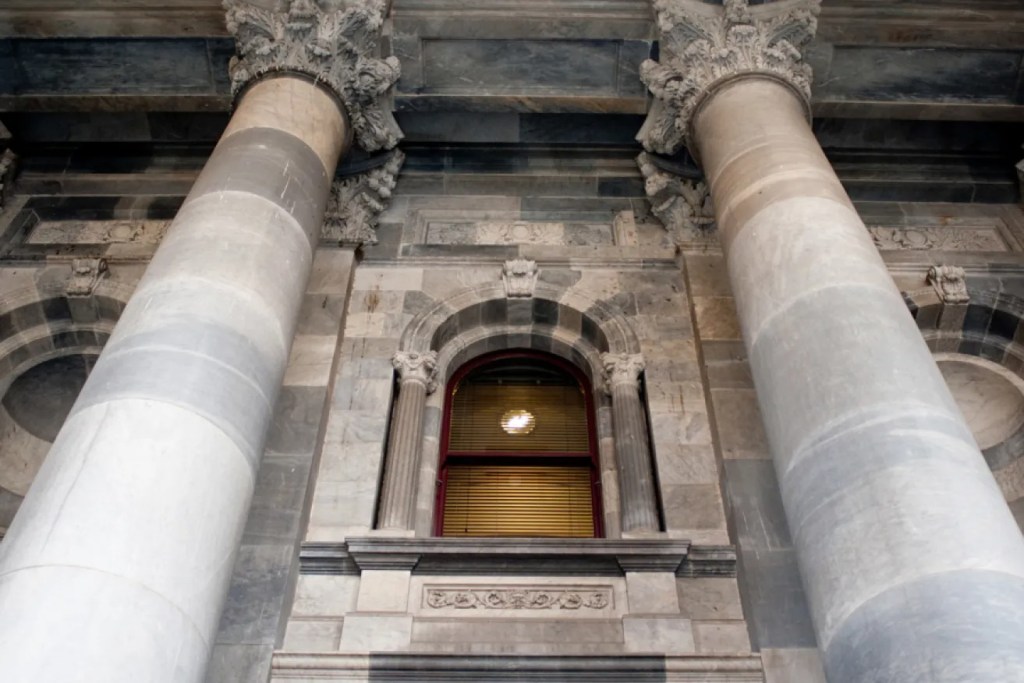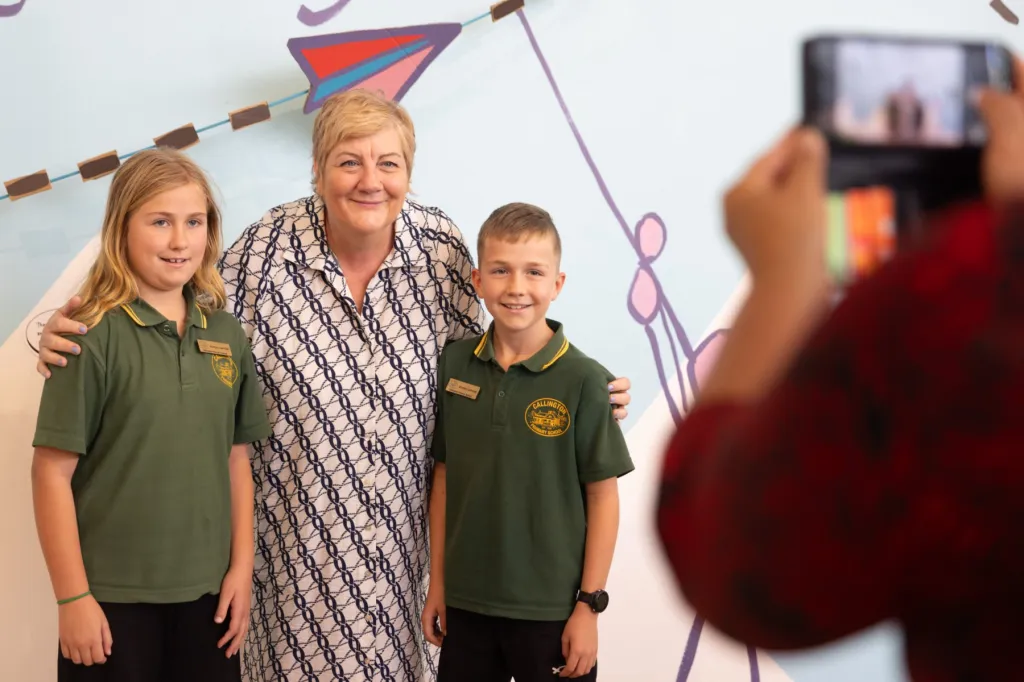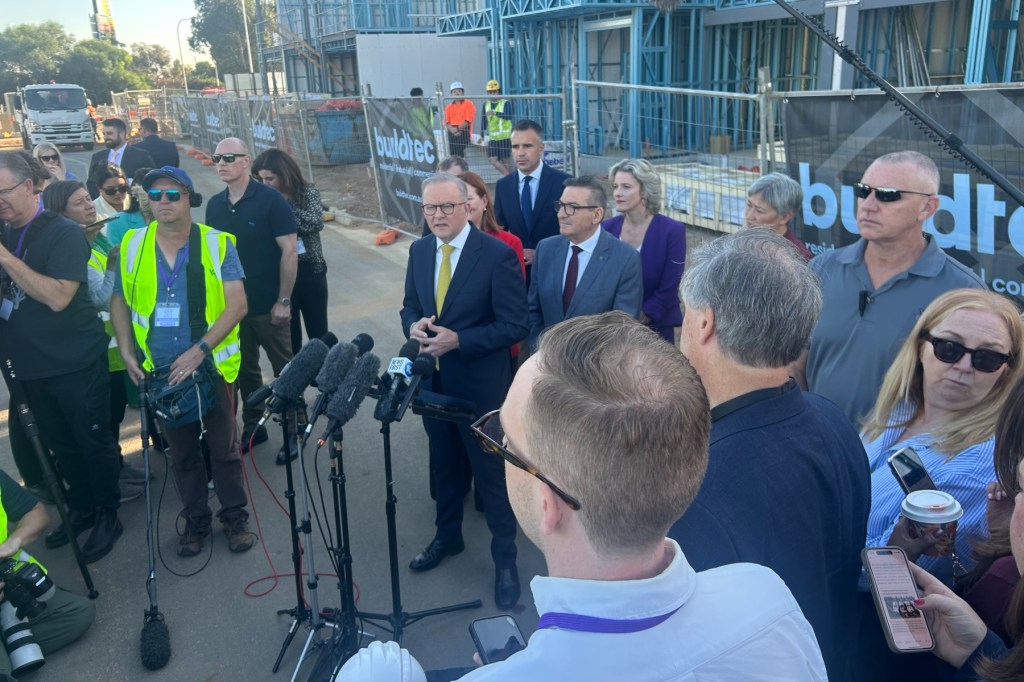Forging a better tomorrow in South Australia
Unlike other Australian states and territories, South Australia does not have a specific human rights law. Associate Professor in Law Sarah Moulds wants to change that.

Every year the United Nations Office of the High Commissioner for Human Rights selects a theme for International Human Rights Day, which falls today. This year, the focus is on how human rights can empower individuals and communities to forge a better tomorrow. This concept is something that should resonate among South Australians as we reflect on the rights, responsibilities and values that unite us and the warning signs of growing inequality on the horizon.
On the one hand, we can see how values of democracy, freedom and the fair-go have delivered positive outcomes and opportunities for our State, with strong leadership from government in areas including improving access to education for children with autism, investing in sustainable energy, and addressing political donations.
On the other hand, our shared public life has been punctuated by turbulence and uncertainty on a global scale, and many in our community experience hardship on a daily basis due to poverty, housing insecurity, lack of access to basic services and discrimination.
When we look around the world, we get a chilling sense of what might unfold if our social cohesion and democratic rights are left untended, or taken for granted. When we look closer to home, we sometimes see troubling signs of a polarised approach to resolving complex policy problems – a rush to respond, rather than a commitment to listen and learn.
The theme of International Human Rights Day 2024 reminds us to carefully guard the institutions, processes and practices that centre our individual and collective dignity, and to develop and maintain constituent frameworks for balancing competing human rights and public interests.
This is sometimes difficult in South Australia because, unlike other Australian states and territories, we do not have a specific human rights law.
We have not set out the civic and social rights and responsibilities that underpin our society in one single law. We do not require government officers or parliamentarians to consider our human rights before they make decisions that impact our lives. We rely instead on good people doing their best to uphold the human rights that Australia has voluntarily agreed to protect and promote under international law.
This serious gap in legal protection for human rights in South Australia has been the subject of an inquiry by the Parliament’s Social Development Committee, which has engaged with hundreds of South Australians from all walks of life and contemplated the question of whether South Australian needs a Human Rights Act of its own.
Submission makers to the inquiry have shared a wide range of examples of people falling through the gaps. These include examples from people experiencing housing insecurity, people with disabilities, those encountering challenges in the mental health system and young people encountering discrimination.
Other submission makers have pointed out the usefulness of human rights laws in other Australian jurisdictions as tools to support better quality government decision-making, improve engagement with vulnerable communities and reduce expensive royal commissions or inquiries when things go wrong.
These submission makers remind us that by recognising the inherent dignity of every person in our community – even those with whom we strongly disagree or have little in common – we can find a pathway through seemingly intractable policy problems together.
Stay informed, daily
We have so much to be grateful for in South Australia, and so much work to do to ensure the security and prosperity experienced by some of us does not distract us from the need to centre the inherent dignity of all of us.
Laws are the means by which our government declares its values and rules and sets minimum standards for the peaceful cohesion of our society. Whether it’s universal suffrage, freedom of assembly or protection of religious and political beliefs, the laws we make are a measure of progress and equity across our community.
Through its careful, considered work, the Social Development Committee has the potential to start a new chapter in legal protection for human rights in South Australia and empower individuals and communities to forge a better tomorrow. It is this hopeful idea that I hold onto this International Human Rights Day.
Sarah Moulds is the volunteer Director of the Rights Resource Network SA, which is part of a coalition of community organisations that have formed to call for the enactment of a South Australian Human Rights Act.








